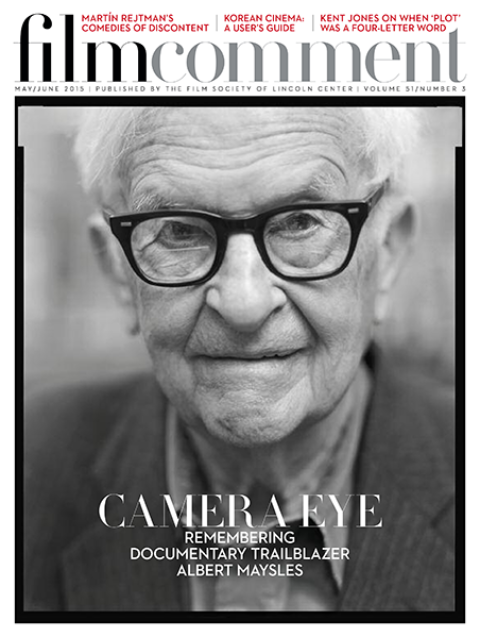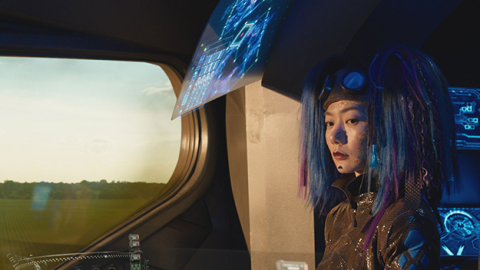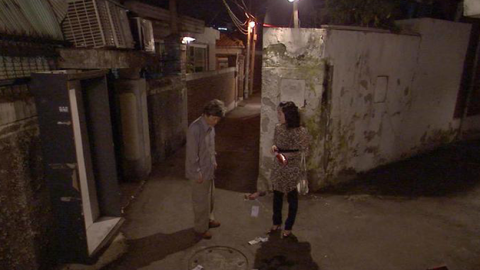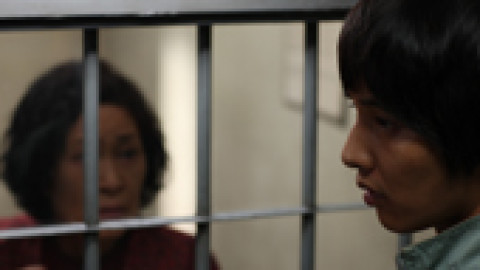Jang Jin is a paradox. He directs, writes, and produces mainstream-ish movies featuring big stars, but stands a little apart from the Korean film industry. Maybe that’s why he still barely registers on the radar of most foreign fans of Korean cinema. In South Korea he’s a household name. He’s the country’s foremost playwright and stage director, but he was also showrunner on SNL Korea for two years (he quit when President Park Geun-hye’s current regime cracked down on political satire) and has even been a judge on a TV talent show. He’s had his share of movie success too, and he’s launched the careers of at least five top stars. Still, he stands a little apart.

The Quiz Show Scandal
Jang’s trademark is his dialogue: zippy repartee, smart wordplay, deliciously incongruous language in the mouths of hoods. Predictably, plenty of Korean critics have consequently accused his films of being “too theatrical”—but the fact is that his visual ideas and mise en scène are far more cinematic and inventive than anything you find in most Korean movies. Much of his work doesn’t fit standard genre templates, although he sometimes twists generic clichés in an amusingly subversive way. Even when he’s tackling serious subjects—senile dementia, capital punishment, religious faith—his default mode is comedy, and everything he does has a backbeat of social satire.
His particular strength is the ensemble piece: movies with multiple characters and several interlinked storylines. Murder, Take One (05), which is based on his own play The Big Scene, imagines a near future in which a murder trial is broadcast live on TV and is heavily manipulated by the producers. The Quiz Show Scandal (10) is an attack on the new materialism, with half a dozen groups of people vying to win a TV-show jackpot when a clue to the answer of the top-dollar question falls into their hands; it’s probably his funniest movie. Romantic Heaven (11) twists together three unsentimental stories of death and dying in order to run rings around the notion of a benign deity watching over individual destinies. Actually, this kind of multi-stranded plotting was already a feature of his first filmed script, A Hot Roof (95), which was directed by Lee Min-yong and centered on 10 women, who have accidentally killed an abusive husband, and barricade themselves on an apartment rooftop during a heatwave, resisting arrest. That was one of the films that announced the Korean cultural renaissance in the mid-Nineties, and it plays even better now than it did then.

Man on High Heels
Jang has a special affinity for bad boys—criminals, penitent or otherwise—which meshes interestingly with his recurrent attacks on the absurdity of Korean machismo. His first big hit, Guns and Talks (01), posits a group of professional hit men more affordable and user-friendly than most other service providers and gives the youngest one a hilarious speech about the redeeming power of love. Righteous Ties (06) features a grizzled life-term prisoner who breaks out and visits his wife (also in jail) to show her in the most surprising way that he’s a reformed character. This line of attack reached a climax in Man on High Heels (14): the hero is a maverick cop who has never recovered from the suicide of his boyfriend in high school and who’s now saving up for a sex change. It combines standard-issue Korean ultraviolence with remarkably matter-of-fact discussion of gender-reassignment issues.
If you had to place Jang in film-history terms, probably you’d call him a modern Joseph L. Mankiewicz: hooked on theater, but in love with what cinema brings to the party. Like Mankiewicz, he sometimes seems more like a producer than a director. But when you hear him discuss his work, as he did in Rotterdam recently, it’s clear that his motivations are classically auteurist. He defines himself as a pragmatic entertainer, but that mask keeps slipping to reveal a writer-director with a strong set of themes and preoccupations—and a masterly visual style.








